5 Fruits and Vegetables That Aren't As Healthy As You May Believe
In our quest for a healthier lifestyle, we know that an abundance of fruits and veggies is often key to maintaining that. These colourful foods are indeed full of beneficial nutrients like vitamins, minerals, and fibre. However, some contain high levels of sugar or starch, while others can have negative impacts on certain health conditions. Here we explore five fruits and vegetables that may not be as healthy as they initially appear.
1. Bananas
Bananas are beloved for their convenience and taste, but they are not as innocent as they appear. They are high in sugar and carbohydrates, which can lead to weight gain if consumed in large amounts. Additionally, bananas are high in potassium, which is typically a good thing, but for those with kidney disorders who need to watch their potassium intake, bananas could pose a problem.
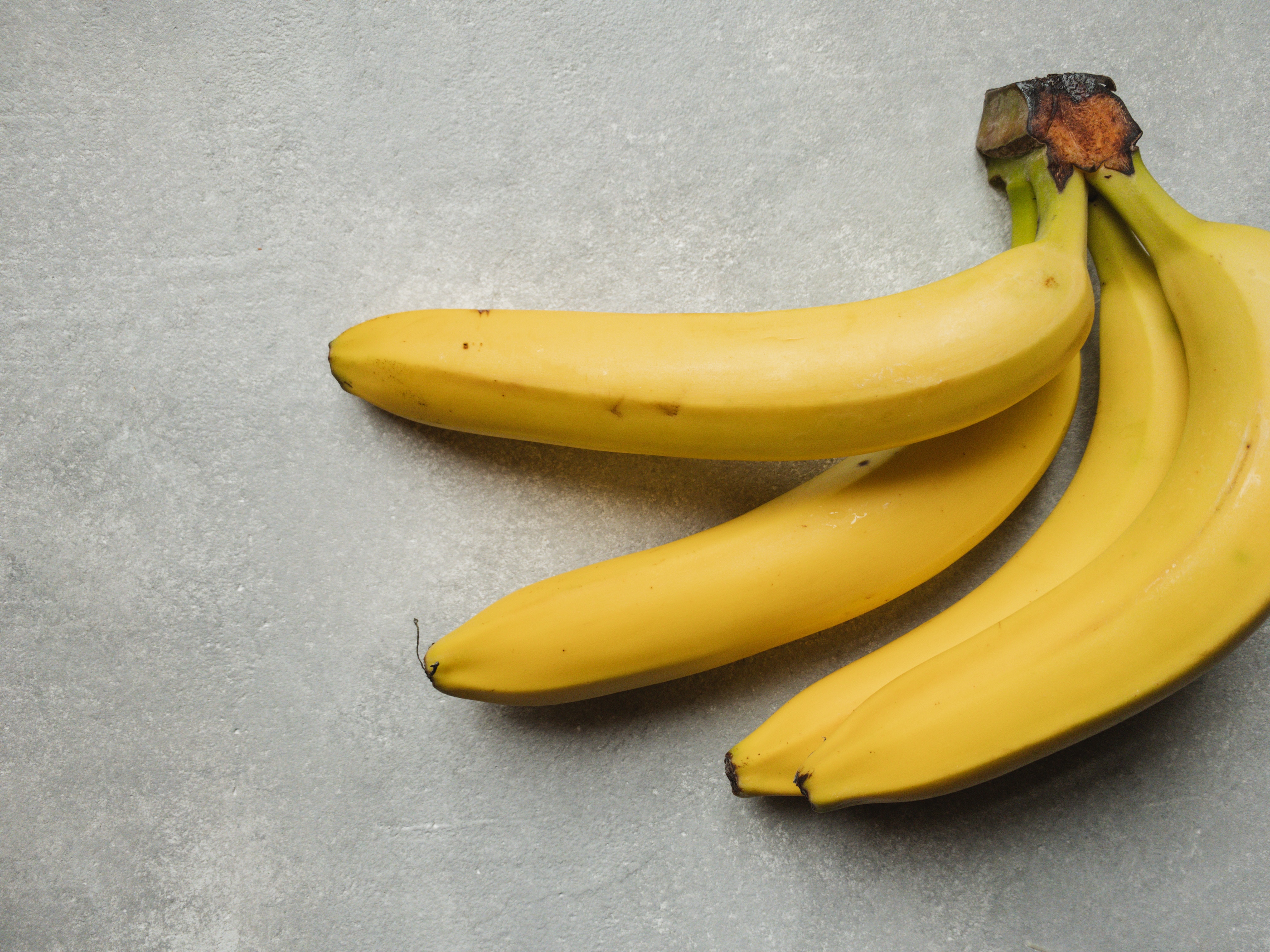 Photo by Anastasia Eremina on Unsplash
Photo by Anastasia Eremina on Unsplash
2. Grapes
Grapes are packed with antioxidants and vitamins, but they also come with a high sugar content. A cup of grapes contains about 23 grams of sugar, which is nearly the same as a chocolate bar! Like all fruits, they are best enjoyed in moderation. If you have diabetes or are watching your sugar intake, it's best to consume grapes sparingly and balance your intake with other lower-sugar fruits.
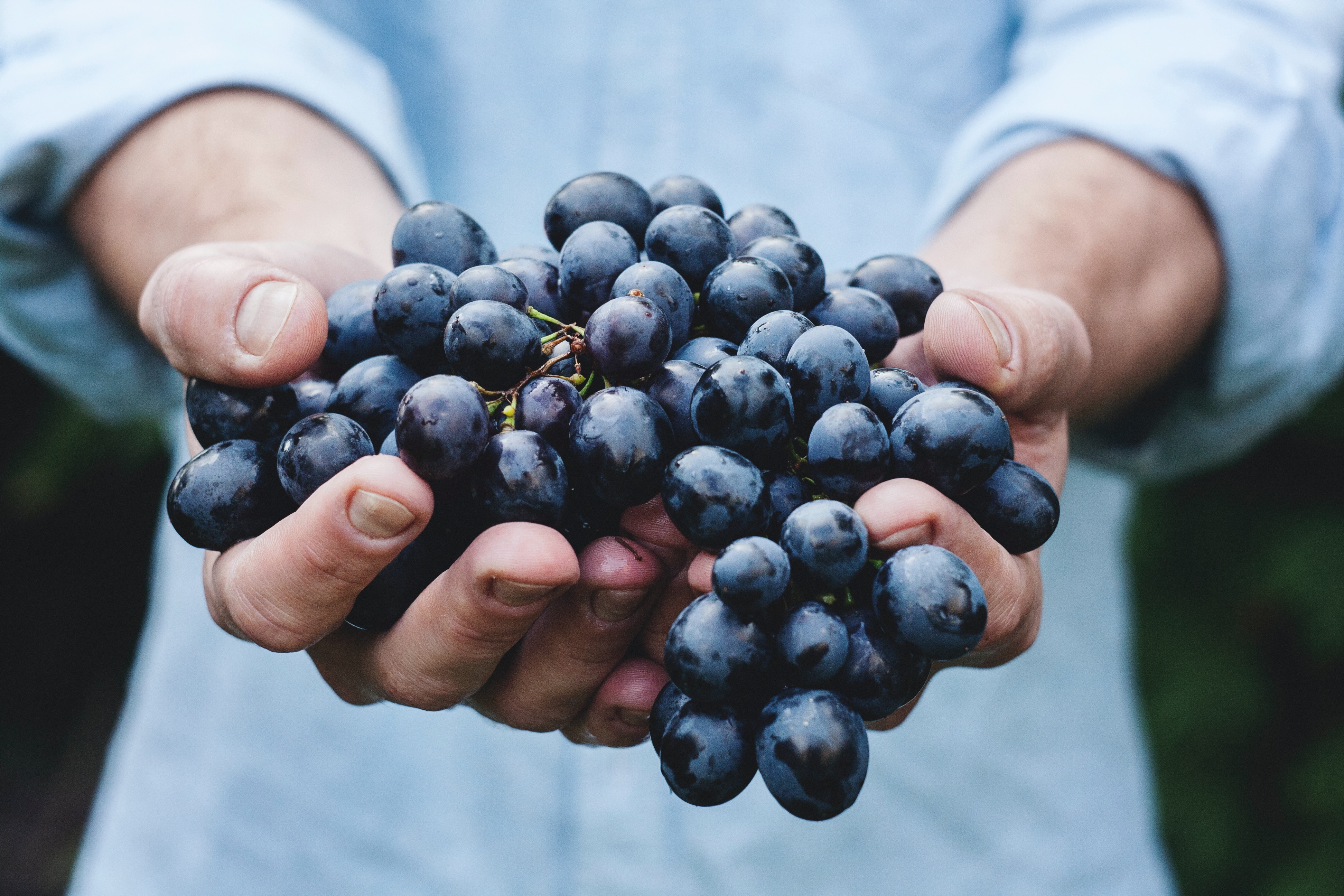 Photo by Maja Petric on Unsplash
Photo by Maja Petric on Unsplash
3. Avocados
Avocados are often touted as a superfood due to their high levels of healthy fats and fibre. However, these creamy fruits are extremely high in calories. One avocado can contain upwards of 300 calories, so overindulging could potentially lead to weight gain if not balanced properly.
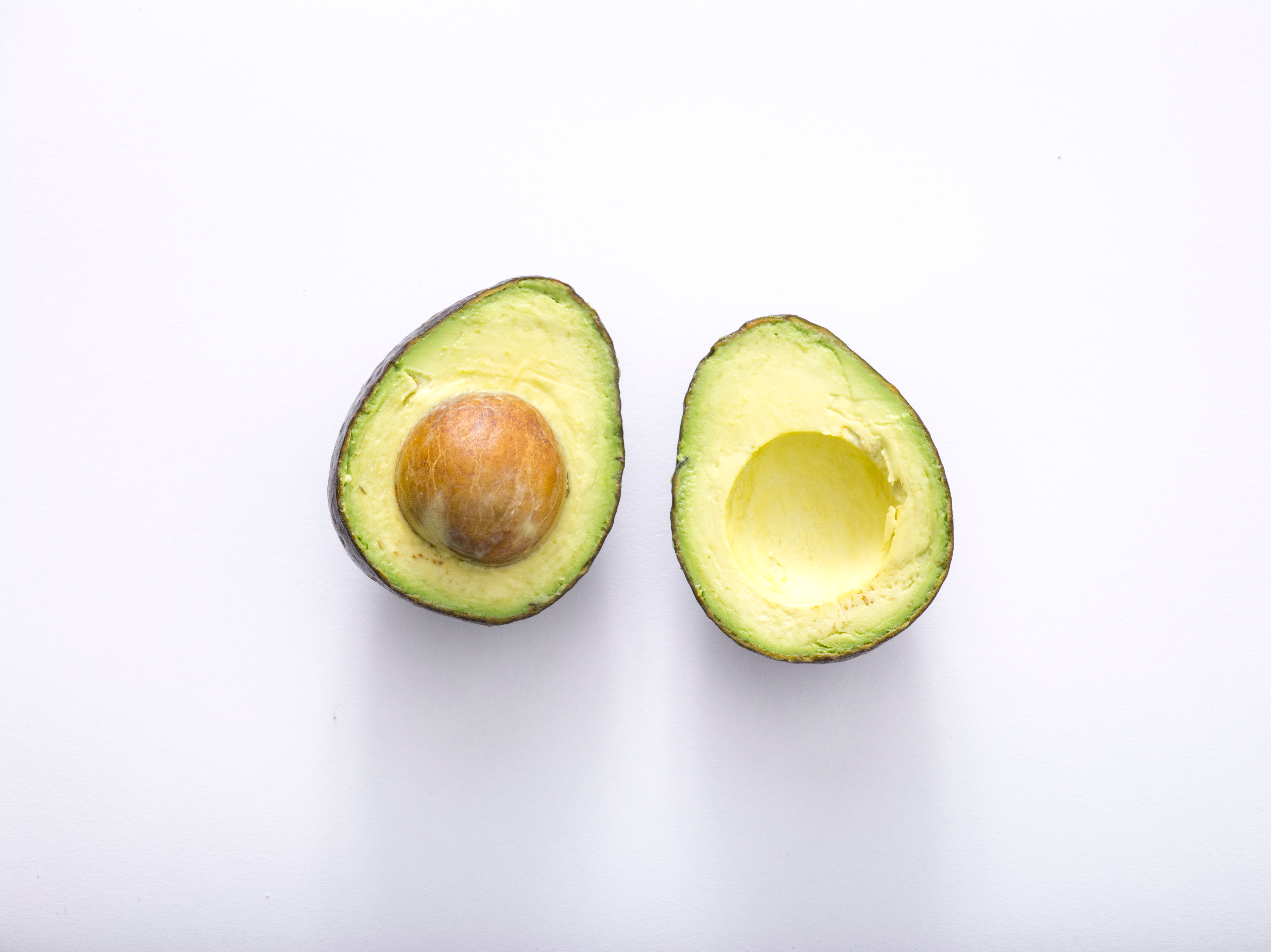 Photo by Thought Catalog on Unsplash
Photo by Thought Catalog on Unsplash
4. Potatoes
Potatoes, especially white ones, are high in starch and can cause a spike in blood sugar levels when consumed. Furthermore, they are often prepared in unhealthy ways, such as fried or loaded with butter, cream, and cheese. This doesn't mean you need to cut out potatoes altogether, but consider opting for sweet potatoes, which have a lower glycemic index and more fibre.
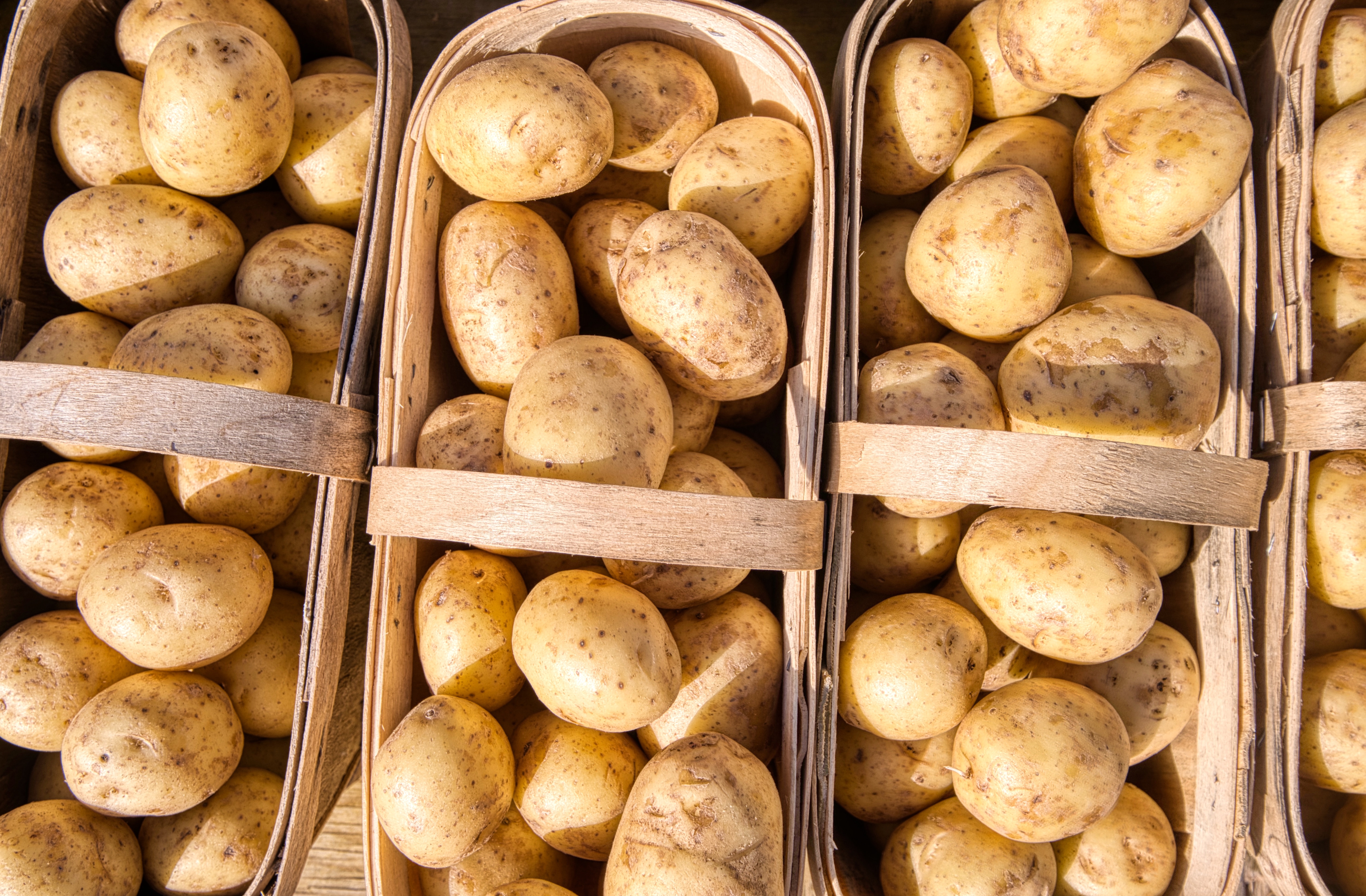 Photo by Eric Prouzet on Unsplash
Photo by Eric Prouzet on Unsplash
5. Corn
Corn is a staple in many diets, and while it does provide some beneficial nutrients like fibre and vitamin C, it is also high in starch. Like potatoes, corn can cause a rapid rise in blood sugar levels. Additionally, much of the corn we consume is genetically modified or used as a sweetener (high fructose corn syrup) in processed foods, so it’s best to steer clear to avoid high sugar levels.
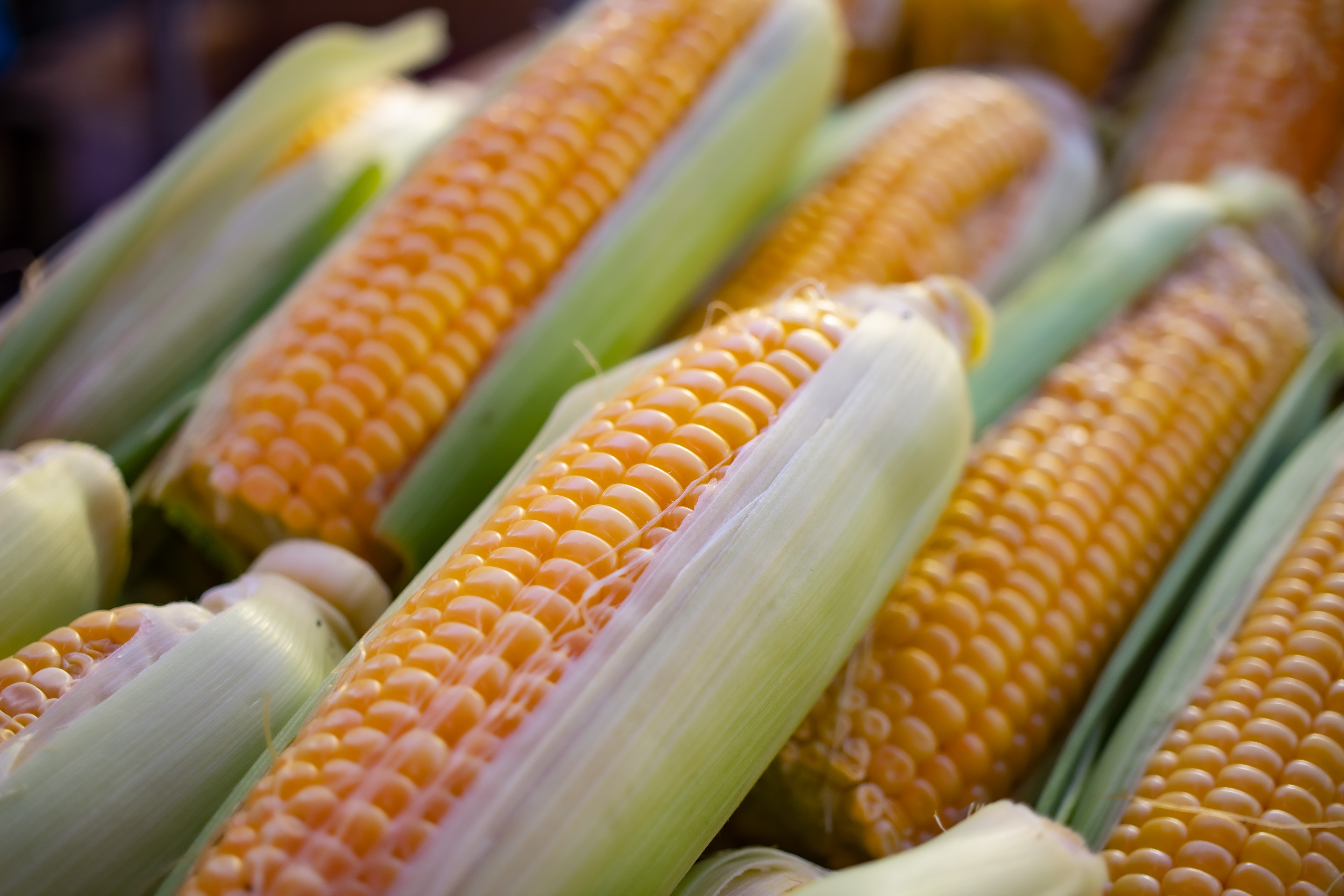 Photo by Wouter Supardi Salari on Unsplash
Photo by Wouter Supardi Salari on Unsplash
In conclusion, remember that all fruits and vegetables have their place in a balanced diet, but not all are as healthy as they might seem. Moderation and variety are key. Don't be afraid to enjoy these fruits and veggies, but be aware of their drawbacks and balance them with other, nutrient-dense foods.
KEEP ON READING







